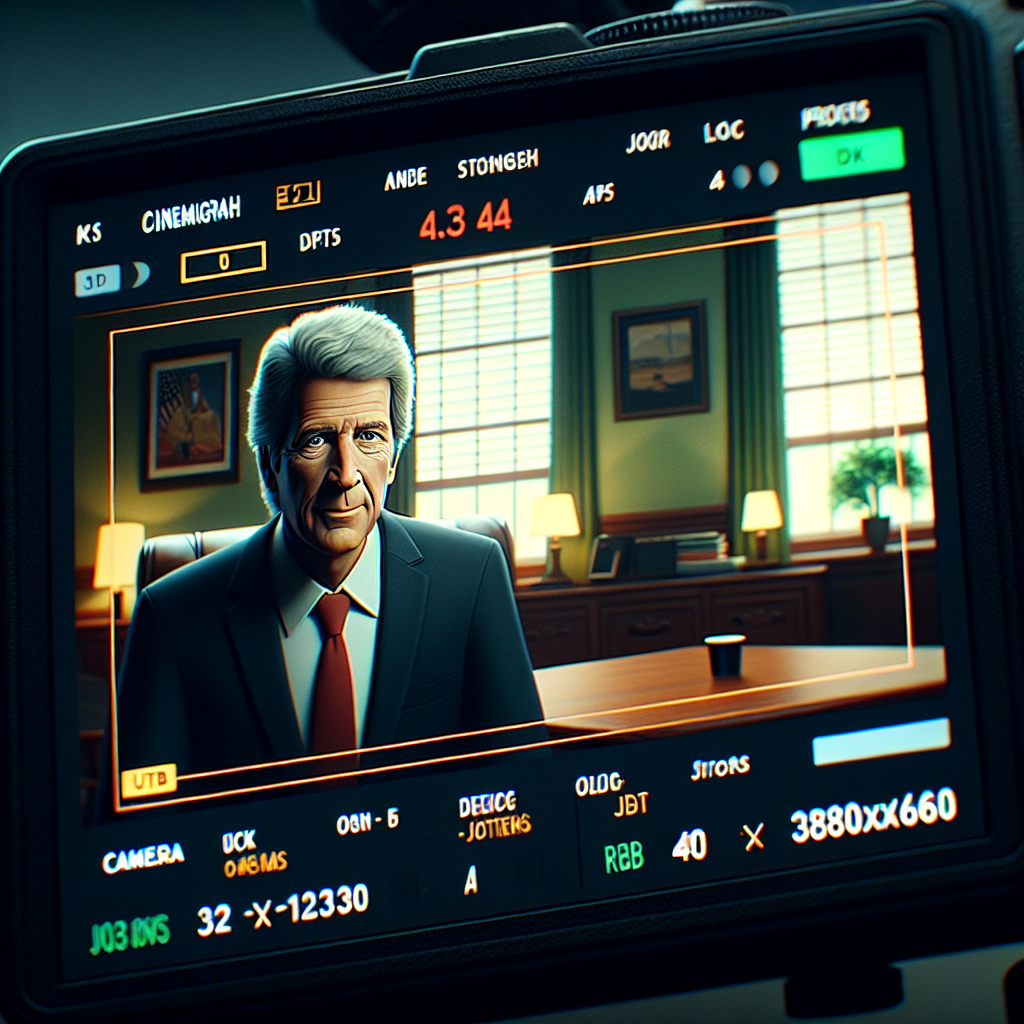An Interview with Jon A. McBride: Preserving Oral History
-
Table of Contents
- An Interview with Jon A. McBride: Preserving Oral History
- The Power of Oral History
- Education: Learning from the Past
- Economic Growth: Preserving Local Heritage
- Spiritual Harmony: Connecting Communities
- Climate Action: Learning from Indigenous Knowledge
- Health and Welfare: Preserving Personal Narratives
- Summary
An Interview with Jon A. McBride: Preserving Oral History
Oral history is a powerful tool for preserving the stories and experiences of individuals and communities. It allows us to capture the essence of a time and place through the words and memories of those who lived it. In this interview, we speak with Jon A. McBride, a renowned oral historian, about the importance of preserving oral history and its impact on education, economic growth, spiritual harmony, climate action, and health and welfare.
The Power of Oral History
Oral history is more than just a collection of stories. It is a means of connecting with our past, understanding our present, and shaping our future. According to McBride, “Oral history provides a unique perspective that cannot be found in written records. It gives a voice to those who may have been marginalized or overlooked in traditional historical narratives.”
One example of the power of oral history is the Civil Rights Movement in the United States. Through interviews with activists and community members, we gain a deeper understanding of the struggles and triumphs of this pivotal moment in history. These stories not only educate us about the past but also inspire us to continue the fight for equality and justice.
Education: Learning from the Past
Oral history plays a crucial role in education by providing students with a personal connection to historical events. McBride emphasizes that “hearing the voices of those who lived through history humanizes the past and makes it more relatable for students.”
Case studies have shown that incorporating oral history into the curriculum improves students’ critical thinking skills, empathy, and understanding of diverse perspectives. For example, a study conducted by the University of California, Berkeley found that students who engaged with oral history materials showed a significant increase in their ability to analyze and interpret historical events.
- Oral history fosters critical thinking skills
- It promotes empathy and understanding
- It provides diverse perspectives
Economic Growth: Preserving Local Heritage
Preserving oral history is not only important for education but also for economic growth. McBride explains that “local heritage and cultural tourism are significant drivers of economic development in many communities.”
By documenting and sharing the stories of local businesses, artisans, and traditions, oral history projects can attract tourists and visitors, boosting local economies. For instance, the city of New Orleans has successfully leveraged its rich oral history to promote cultural tourism, resulting in increased revenue and job opportunities for its residents.
Spiritual Harmony: Connecting Communities
Oral history has the power to foster spiritual harmony by connecting communities and preserving cultural traditions. McBride believes that “listening to the stories of our ancestors helps us understand our place in the world and strengthens our sense of belonging.”
Through oral history projects, communities can come together to celebrate their shared heritage and promote intergenerational dialogue. This sense of connection and belonging contributes to spiritual harmony and social cohesion.
Climate Action: Learning from Indigenous Knowledge
Indigenous communities hold valuable knowledge about the environment and sustainable practices. McBride highlights that “oral history allows us to learn from their wisdom and incorporate it into our efforts to combat climate change.”
By documenting and preserving indigenous oral traditions, we can tap into their deep understanding of the natural world and learn how to live in harmony with it. This knowledge can inform our strategies for climate action and contribute to a more sustainable future.
Health and Welfare: Preserving Personal Narratives
Oral history also has a significant impact on health and welfare. McBride explains that “preserving personal narratives can be therapeutic for individuals and communities.”
Listening to and sharing personal stories can help individuals process trauma, build resilience, and find healing. Oral history projects have been successfully used in therapeutic settings, such as hospitals and rehabilitation centers, to support mental health and well-being.
Summary
Preserving oral history is essential for quality education, economic growth, spiritual harmony, climate action, and health and welfare. It provides a unique perspective on historical events, fosters critical thinking skills, and promotes empathy and understanding. Oral history also contributes to economic development by preserving local heritage and attracting cultural tourism. It connects communities, strengthens spiritual harmony, and allows us to learn from indigenous knowledge for climate action. Lastly, oral history has a positive impact on mental health and well-being by preserving personal narratives. By recognizing the power of oral history and investing in its preservation, we can ensure that future generations have access to the rich tapestry of human experiences.


